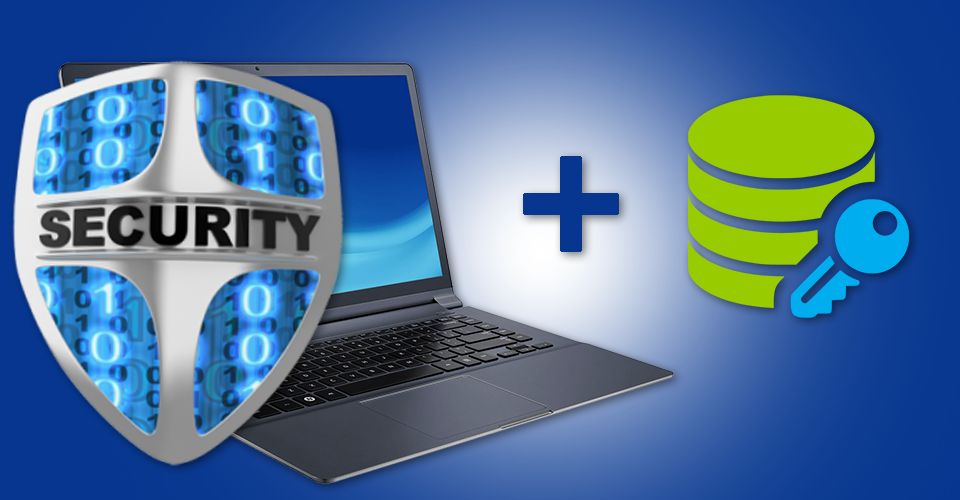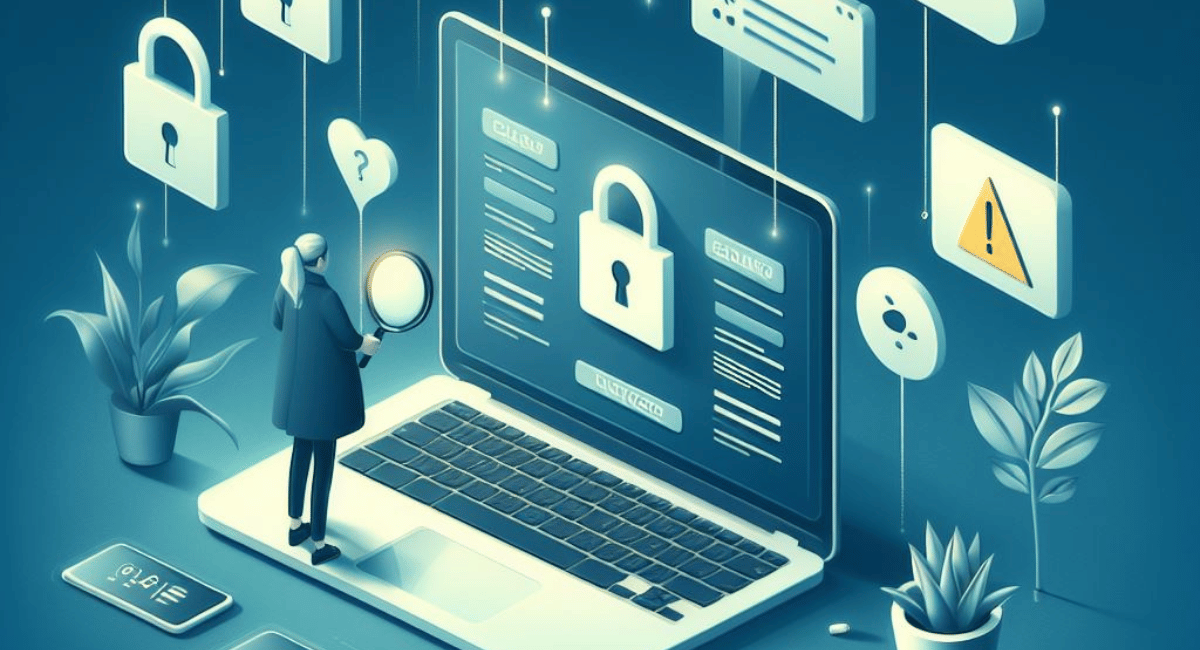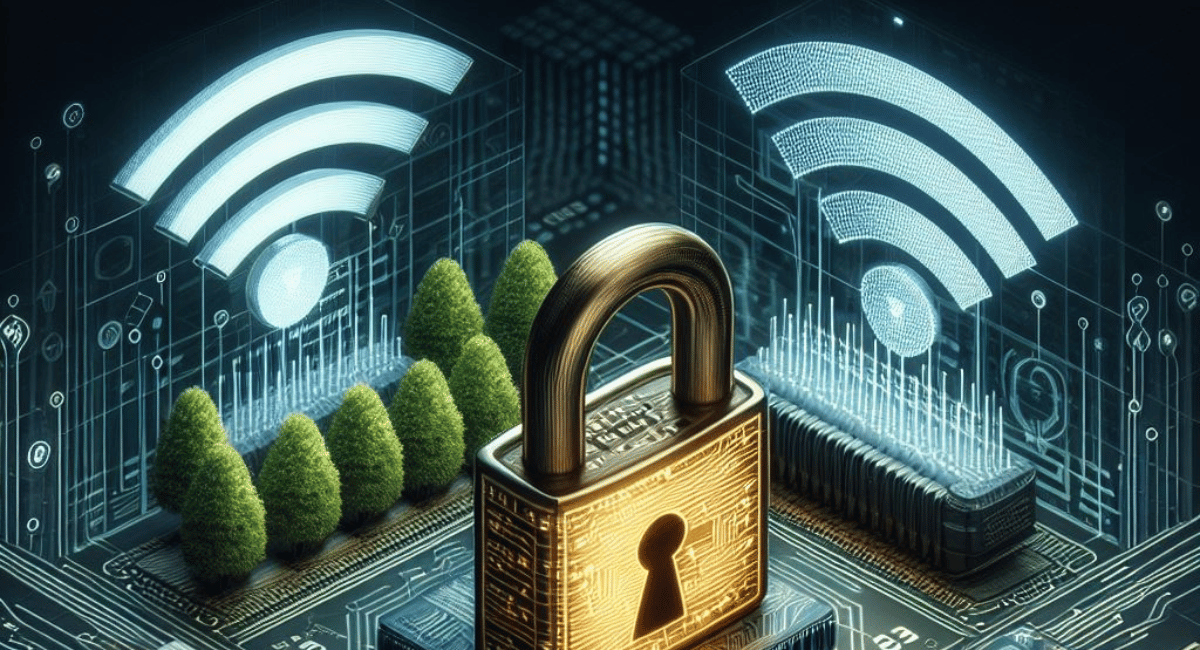If you are a small business owner, you are least likely to be concerned whether it would be beneficial for you to upgrade to windows 10 from windows 8. You are likely to be more concerned about how to keep confidential company data secure and the hardware that contains it – that being the laptop. Laptops are portable computers, much like a smartphone and USB flash drives, thus it easy for thieves to steal them. Accordingly, a laptop won’t be a laptop unless it allows the user to work anywhere. Whether it’s the back of your SUV, in your office’s cafeteria or at your local coffee shop, laptops are the ultimate tool that are themed on mobility and work.
However, if you happen to leave your laptop in your car, thieves will be tempted to steal it. What’s more, more often than theft, laptops often end up being left behind in buses, taxi cabs, subways and airports, making the situation just as nerve wracking as having the laptop stolen by someone. A report by Yougetitback.com shows that there are nearly 70,000 unclaimed laptops in the lost and found section at LaGuardia airport.
Laptop theft is also on the rise, according a recent Ponemon institute study, there has been an increase of 86 percent in laptop theft since last year. To make matters worse, laptop theft within organization has also been a major cause of concern. Rogue employees (also known as insiders) can easily get away with stealing a laptop PC without major repercussion. Stealing a laptop from an organization has two benefits for the thief, first they acquire the PC for its hardware value and can sell it on the black market, second the data within the laptop is the true gem. Think of a stolen laptop as the hard shell, and the data inside it being the gem inside of that hard shell. Corporate data such as company spreadsheets, documents, files, marketing secrets, customer lists, HR database files, tax return and all sorts of information has been extracted from stolen laptops. Next, once this information is extracted, it can be sold on the internet’s black market, prices can range from a few dollars to thousands of dollars, depending on the actual value of the information extracted.
How to keep data safe and secure?

Although there is no solid means to prevent anyone from stealing laptops, be it at the office, in the car or at home, there is something the user can do to protect the sensitive data saved inside of it. Accordingly, the only means of securing confidential data is through the use of encryption. Encryption is the only foolproof way to ensure that certain files and folders on a computer. However, there are many different data encryption software on the market, but the most popular of all encryption software is Folder Lock, it is the most trusted, secure encryption software which also allows the users to back up their encrypted data to a dedicated cloud server. Folder Lock is so popular that it has 40 million users worldwide and still growing.
See More: How Folder Lock makes your life Easier
Best Ways To Keep Data Safe On Laptop
1. Use strong passwords and two-factor authentication.
2. Regularly back up your data to an external hard drive or cloud storage.
3. Use a reputable antivirus and anti-malware program.
4. Encrypt your data with a password or encryption software.
5. Keep your laptop updated with the latest security patches.
6. Secure your laptop when it is not in use with a password or lock.
7. Be aware of phishing scams
How To Store Data Safely?
There are several ways to store your data safely:
1. Use a secure cloud storage service such as Dropbox, Google Drive, or OneDrive. These services encrypt your data and offer secure access for authorized users.
2. Use a secure file sharing service such as ShareFile or WeTransfer. These services encrypt your data and offer secure file sharing for authorized users.
3. Use a secure online backup service such as Carbonite or Mozy. These services encrypt your
Types Of Computer Security
The three types of computer security are physical security, network security, and application security. Physical security involves protecting the physical components of the computer, such as the hardware and the data stored on it. Network security involves protecting the computer from external threats, such as hackers and viruses. Application security involves protecting the applications and data from malicious actors.
Which Total Security Is Best For Laptop?
The best total security for laptops depends on the specific needs of the user. Some of the most popular total security solutions for laptops include antivirus software, firewalls, encryption, and password management. Each of these solutions can provide protection against different types of threats, such as malware, ransomware, phishing attacks, and data breaches. Additionally, users should also consider using a VPN to protect their data while connected to public networks.
What is the safest data storage?
The safest data storage solution depends on the user’s needs and the type of data they are storing. Generally, the safest option is to use an encrypted cloud storage solution, such as Google Drive, Dropbox, or OneDrive. This ensures that the data is encrypted and only accessible by the user with the correct credentials. Additionally, users should consider using an external hard drive or flash drive for additional data storage if they need to store large amounts of data.
How Long Will Data Last On A Hard Drive?
The lifespan of data on a hard drive depends on several factors, including the type of hard drive, the environment it is stored in, and the amount of use. Generally, data stored on a hard drive will last between 3-5 years, although some data may last longer if stored in a cool, dry environment and not used frequently.
Where Should I Store My Personal Data?
It is important to store your personal data in a secure location. This can include an external hard drive or USB flash drive, a cloud storage service, or a secure online backup service. It is also important to ensure that any data stored is encrypted, as this will help protect it from unauthorized access.
Types Of Data You Should Not Store
You should not store sensitive or confidential data in the cloud, such as financial information, passwords, Social Security numbers, or medical records. It is also important to avoid storing any data that is not necessary for your business. This includes personal information, such as photos, videos, and other private data.
Can I Store Data Forever?
No, you cannot store data forever. Data stored in the cloud is subject to certain retention policies, which can vary depending on the service provider you are using. Generally, data stored in the cloud is only retained for a certain amount of time, and after that it will be deleted or archived. It is important to understand the retention policies of the cloud service provider you are using in order to ensure that your data is properly managed.
Can Storage Be Hacked?
Yes, storage can be hacked. Cloud storage is vulnerable to the same types of attacks as any other type of storage, such as malware and ransomware. It is important to ensure that your cloud storage is properly secured and that you are using strong passwords and two-factor authentication to protect your data. Additionally, it is important to keep your software and systems up to date in order to prevent potential security vulnerabilities.
Is Data Safe In Laptop?
Yes, data can be safe in a laptop if certain security measures are taken. It is important to use a strong password to protect your laptop, as well as use encryption software to protect the data stored in the laptop.
Best Security System For Computer
The best security system for your computer depends on your individual needs. Generally, it is best to use a combination of software and hardware security measures such as firewalls, antivirus software, and encryption. It is also important to use secure passwords and to back up your data in case of data loss.
Can Someone Steal Data From My Laptop?
Yes, it is possible for someone to steal data from your laptop if they have access to it. It is important to use security measures such as encrypting your data, using secure passwords, and regularly updating your security software and hardware to prevent unauthorized access.
Duration Of Data Last On A USB Stick
The amount of time data will last on a USB stick depends on the type of memory used, the quality of the memory, and the environment in which the USB stick is stored. Generally speaking, data stored on a USB stick can last anywhere from a few years to decades, depending on the conditions. It is important to store USB sticks in a cool, dry environment and to avoid exposing them to extreme temperatures or humidity.
Best Storage For Long Term
Solid-state drives (SSDs) are the best option for long-term storage, as they are much more reliable than traditional hard drives. SSDs are more resistant to physical damage, have faster read and write speeds, and consume less power than traditional hard drives. They also have a longer lifespan, with some models lasting up to 10 years or more.
Can someone access my laptop without me knowing it?
Yes, it is possible for someone to access your laptop without you knowing it. This can be done through a variety of methods, such as using a USB drive to boot up another operating system, using a remote access tool, or using a keylogger to track your keystrokes.
Signs Of Hacked Laptop

Signs that your laptop may have been hacked include: an unusually slow or unresponsive computer, strange pop-ups or error messages, unfamiliar programs or icons appearing on your desktop, and strange or unexpected changes in your computer’s settings. Additionally, if you notice that your laptop is suddenly using more power than usual or that it is making strange noises, it may be a sign that it has been hacked.
Is It Safer To Be On Data Or WiFi?

It is generally safer to be on a data connection than on a public WiFi connection. Public WiFi networks are often unsecured and can be easily hacked, allowing malicious actors to gain access to your device and potentially steal your data. Data connections are usually more secure, as the connection is encrypted and the data is not accessible to anyone but the user.
Can A Laptop Be Hacked Without Internet?
Yes, a laptop can be hacked without an internet connection. Hackers can use malicious software such as viruses, worms, and Trojans to gain access to a laptop without an internet connection. Once the malicious software is installed, it can be used to steal sensitive data, install additional malware, and even take control of the laptop.
Where Are Most Laptops Stolen?
Most laptops are stolen from homes, offices, and public places. Many laptops are also stolen from cars, airports, and other places where people leave their laptops unattended.
